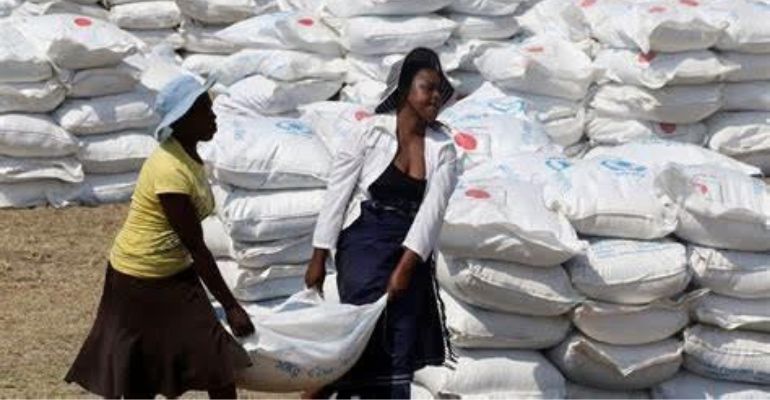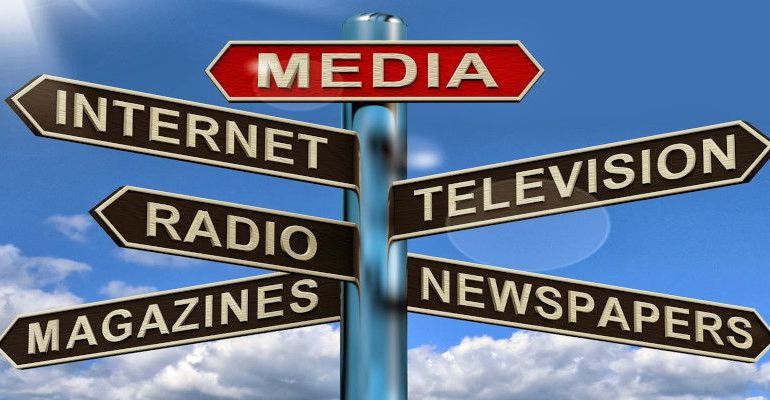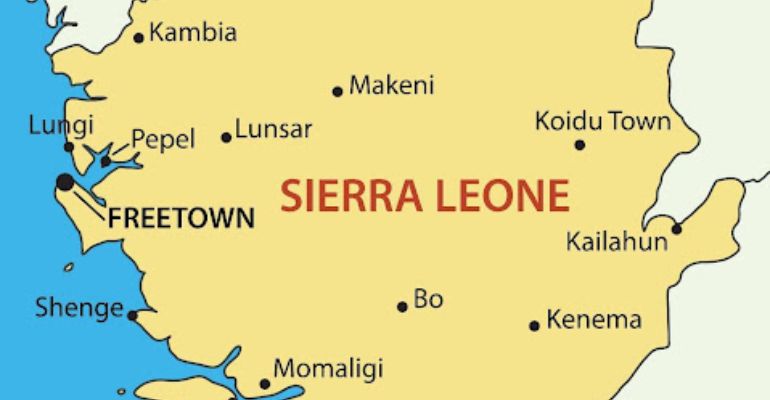“Using coercion to drive charity is like using kidnapping to create love” – Stefan Molyneux
Coercion and extortion are inseparable. Their interconnectedness is bound by despotism. Both brood theft of freedom, fear, destroy wealth and encourage plunder.
Today, Africa has made significant progress by avoiding men who seek power using the gun. Yet Africa is not free from the evils of new leaders who pervert the law in the name of democracy to their own advantage.
Africa’s oppressive system is complex but an evolving one. Its leadership looks at global trends to avoid international backlash, the level of tolerance by the people to prevent ousting them from power and wealth that could be siphoned without traces. These are the very things destroying prosperity and affecting mankind in their natural tendencies for freedom.
Africa is at the carrefour amid COVID-19. States are using coercive means to manipulate other people’s actions. From mandatory nose masks to limit the number of hours for religious activities whiles with political activities, this has not been the case.
Extortion on the other hand is increasing at an alarming rate. Individuals who acquire property or material by using threat or force, if found guilty are punished by the law. What is the moral justification for a government to institute a mandatory test, charging $150 before entry into a country? This is a limiting barrier to trade. As servitude is abuse by law, of liberty so is protective tariff an abuse by law, of property.
The law versus extortion
As renowned French Economist, Frederic Bastiat puts it, “When a portion of wealth passes out of the hands of him who has acquired it, without his consent, and without compensation, to him who has not created it, whether by force or by artifice, I say that property is violated, that plunder is perpetrated. I say that this is exactly what the law ought to repress always and everywhere. If the law itself performs the action it ought to repress, I say that plunder is still perpetrated, and even, in a social point of view, under aggravated circumstances.”
Characteristics of Extortive States
Extortive states are destroyers of morality. They are the product of anti-freedom and often exist in the form of socialist, fascist, communist and subtly welfare states. They foster a climate of fear and often ride on populism and collectivism. They cause a myriad of problems in an attempt to address a problem. They are known and want to be hailed as hero-worshippers, not for the many wrongs they do but the unsustainable yet weak response to a problem.
How Africa’s Economic Growth is Truncated
According to the African Economic Outlook by the African Development Bank Group, Africa’s economic growth stabilized at 3.4 % in 2019. It was projected to peak at 3.9% in 2020 and 4.1% in 2021. Growth fundamentals also shifted from private consumption to investment and exports. If economic growth is retarded in 2020, one of the schemes for this fall is Africa’s inability to hold on to the fundamentals of prosperity and disregard for individuality to deal with COVID-19.
6 out of 10 projected fastest-growing economies in the world came from Africa. Why is it that each time the continent is set on the path to prosperity it returns to the mud again? Largely because of how cohesion and coercion are used at the expense of freedom and individuality. The latter has always been sustainable even in dealing with pandemics.
The New Africa
Is Africa ready to end poverty and ensure inclusive economic growth? Is the continent willing to end inequality driven by governments extortive and coercive means? Already, taxes and totalitarianism have done more harm than good to Africans. There is no need for entrenched despotism and extortion under the guise of democracy.
In the words of George Ayittey, “Africa is poor because she is not free. “This also means if Africa is freed, she would be prosperous.












